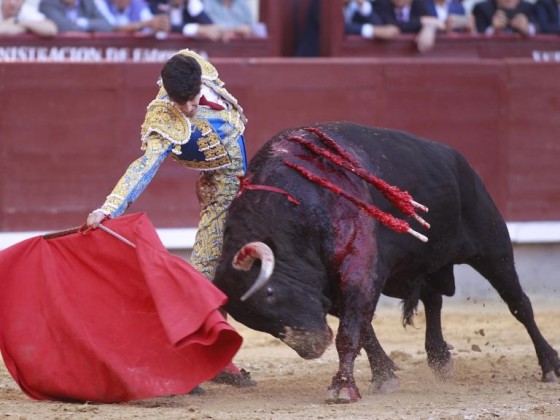MADRID, Spain — For almost four decades, the Marcial Lalanda bullfighting school has trained some of this nation’s most celebrated matadors.
Now the prestigious Madrid school may fall on its sword — along with the controversial blood sport as a whole — as a tranche of recently elected leftist politicians opposed to animal cruelty wind back crucial public subsidies and push to ban Spanish bullfighting altogether.
